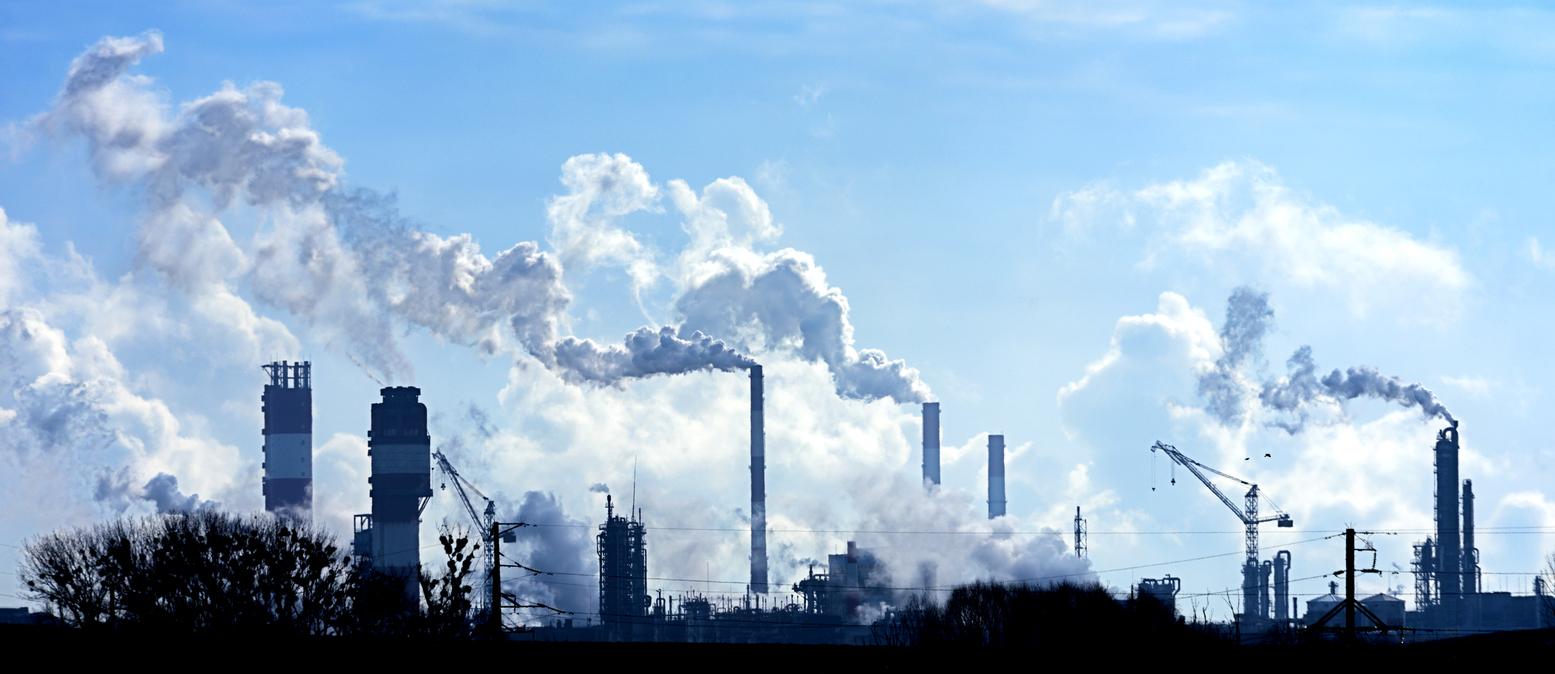Rising temperatures, spread of infectious diseases… The “Lancet Countdown 2024” report highlights an increase in health risks and deaths linked to climate change around the world.

- The latest Lancet report highlights a record increase in heat-related mortality and an increased spread of infectious diseases like dengue and malaria.
- In 2023, deaths from extreme heat among those aged over 65 have increased by 167% compared to the 1990s. Deadly infectious diseases, such as dengue, malaria and vibriosis, are now spreading to new regions of the world . 83 countries are now prone to the transmission of dangerous bacteria.
- Despite some progress, such as reducing fine particle pollution and increased adoption of renewable energy, the report criticizes massive fossil fuel subsidies and calls for action at COP 29 in November.
“Due to rapid climate change, people around the world face unprecedented threats to their well-being, health and survival.” Published on October 29, the eighth annual report of the Lancet Countdown once again sounds the alarm about the dramatic consequences of climate change on global health. This document, the result of a collaboration between the World Health Organization (WHO), the World Meteorological Organization (WMO) and numerous experts, highlights unprecedented health risks, due in particular to rising temperatures and to the spread of infectious diseases.
Increased mortality linked to extreme heat
Of the 15 key indicators linked to the effects of climate on health, “ten reached a new record” this year, experts warn straight away. The increase in heat-related deaths is particularly worrying, especially among the elderly. In 2023, among those over 65, mortality due to high temperatures and more frequent and intense heatwaves has increased by 167% compared to the 1990s – it would have been 65% without global warming, underlines the study . In France, heat-related mortality jumped from 18 deaths per 100,000 inhabitants over the period 2003-2012 to 31 per 100,000 over the period 2013-2022, or 8,840 more deaths for a total of some 21,000 deaths.
Globally, humans experienced an average of 46 additional days of extreme heat each year between 2019 and 2023, compared to the 1990s. “An unprecedented figure”according to the report. No country is spared, but these effects are amplified in countries with low human development indices (HDI), where populations experience up to 100 additional days of dangerous heat “compared to what would be expected without climate change”.
Infectious diseases are gaining ground
Global warming also promotes the spread of deadly infectious diseases, such as dengue, malaria and vibriosis, to new regions of the world. In France, climate fluctuations have notably allowed the expansion of leishmaniasis, a disease transmitted by insects called sandflies. Rising temperatures also benefit certain bacteria: in 2023, 83 countries had conditions conducive to the transmission of vibrios, bacteria responsible for gastrointestinal infections and serious wound infections, with a risk of sepsis.
“We have taken too long to argue that global warming also concerns health, recognizes the chief medical officer of the World Health Organization (WHO), Jeremy Farrar. The climate crisis is a health crisis. It will be the case in 2050, it will be the case at the turn of this century, it is already the case today.”
A slight drop in mortality due to fine particles
Experts denounce continued support for fossil fuels as inconsistent with the Paris Agreement’s climate goal, pointing the finger at oil and gas companies for their role in this global health crisis. They recall that in 2022, 84% of countries will continue to subsidize these polluting energies, for a record amount of 1,400 billion dollars.
Despite this grim observation, the report notes some progress: a 6.9% reduction in mortality due to fine particles between 2016 and 2021, and increased adoption of renewable energies. The authors insist on the need to act quickly to place health at the center of upcoming climate discussions, in particular during COP 29 which will take place in Baku (Azerbaijan) from November 11 to 22. “The lives lost to global warming will not return, but there are opportunities to prevent further losses.”
















